Why (and how) to plan your reading in 2025
Reading as stewardship, a simple reading strategy, and some books I hope to read this year
Hey friends, a quick note: if you’re reading this through your email, this dispatch might get cut off because of its length. So I recommend reading it online on The Kingswood website. To do that, simply click on the title above. (I prefer the reading experience on the website anyway.) You can also leave a comment there as well. Now, on to the good stuff!
“What we become depends on what we read after all of the professors have finished with us. The greatest university of all is a collection of books.”
-Thomas Carlyle
A little over a decade ago, something profound happened to me.
I had just graduated from college, followed by a nine-month leadership program. I was newly married and working in my first full-time job out of school. In short, I was transitioning into adulthood.
And then it happened:
I started reading for pleasure again.
Before this—between the long years of required reading for school, volunteer activities in college, and sports in high school—I had precious little time for reading what I wanted.
Which was strange, in a way, because as a young child, I devoured books. Some of my fondest memories from childhood include sailing through the Redwall series, The Lord of the Rings, Harry Potter, and many others.
But especially once high school began, my bandwidth for “free reading” shrunk dramatically. To be fair, I was one of those kids who actually enjoyed reading the books assigned in lit classes. But that’s still not quite the same as reading for pleasure.
So, when I eventually found myself in a season where I could read whatever I wanted, I literally fell in love with reading again. I re-read some old favorites (like Lord of the Rings) and discovered some new gems (like Marilynne Robinsons’s Gilead).
But during that time, a thought struck me like a pile of dictionaries: I realized there was not enough time to read all the books in the world.
Perhaps a more precise way of saying it is I realized I wouldn’t have time to read all the books I wanted to read in my lifetime. To me, this was (and remains still) a deeply sad thought.
But it gave my approach to reading a sense of responsibility and urgency. I knew the clock was ticking. So I resolved to be a faithful steward of my reading time.
Thus, I began in earnest what became an annual, time-honored tradition: planning my reading for the year.
Here’s the thing: most of us bounce from book to book haphazardly. What we read from month to month and year to year is simply not something we really sit down and think about.
Or maybe you’ve gone through a season without reading any books at all. If that’s the case, you’re definitely not alone:
“The Pew Research Center reported [in January of 2014] that nearly a quarter of American adults had not read a single book in the past year. As in, they hadn’t cracked a paperback, fired up a Kindle, or even hit play on an audiobook while in the car. The number of non-book-readers has nearly tripled since 1978.”
We’ve all been through seasons of “readerlessness.” If that’s you, deep breath. It’s okay. This is a shame-free publication. But I hope this dispatch serves as a winsome invitation to revamp your approach to reading.
Here is my thesis:
Many of us are very intentional about our eating and exercise habits (or at the very least we try to be—especially this time of year). In other words, we care about what we put in our bodies. Shouldn’t we also be just as intentional about what we put in our hearts and minds?
6 Reasons to Plan Your Reading in 2025
Yes. We should. But in case you need more convincing, here are six reasons why you should plan your reading for the year.
1. You’ll Read More Books
It’s an unassailable fact. If you plan your reading, you’re pretty much guaranteed to read more than you did last year. Why? Because if you take the time to pick out a list of books you really want to read, it’ll create excitement and anticipation. As a result, you’ll spend more time reading. Plus, having a clear plan will help you push through any slumps in your reading year.
2. You’ll Read Better Books
There are really two angles to this point: the first has to do with not being captive to the moment, and the other concerns reading options.
If you bounce from book to book more or less thoughtlessly, I think it’s fair to say you’re probably more likely to get sucked into “trendy” books. This isn’t always a bad thing, of course—some books catch fire because they’re truly great or they’ve hit a nerve in the culture. (I think Jonathan Haidt’s Anxious Generation is a great example of this).
But let’s face it: not everything that’s “hot” or “of the moment” is worth your time. If you plan your reading, you’re far more likely to include older, timeless works on your list.
The other facet of this point has to do with selection. Sometimes when I’m in between books, I’ll just look around the house and see what’s available. This isn’t always a bad strategy, but unless you have a Beauty and the Beast-level library, you probably don’t have an extensive collection of books. So your reading options will be severely limited.
Don’t let a lack of options get in the way of a fruitful reading year. Do some research, figure out which books you want to read, and get your hands on them. If you can’t afford to spend the money to buy them, pick them up at your local library or borrow from a friend. (Thriftbooks has some decent used options as well.)
3. You’ll Be a Better Steward of Your Reading Time
Often when we think about stewardship, we think about money and financial resources. But we forget that time is one of our greatest resources. Reading time is an even more limited resource.
Let’s do some back-of-the-napkin calculations. The average person reads about 10 books a year. That means:
If you’re 20, you have about 600 books left.
If you’re 30, you have about 500 books left.
If you’re 40, you have about 400 books left.
If you’re 50, you have about 300 books left.
If you’re 60, you have about 200 books left.
If you’re 70, you have about 100 books left.
Obviously, these are ballpark figures. If you read more books per year, the numbers go up. But the point remains: The actual number of books you will read in your lifetime is lower than you might think. So choose your books wisely!
4. You’ll Be a Better Business Leader
As attested by Harvard Business Review, the best business leaders are constant learners. And what’s one of the primary ways you think they learn? You guessed it. By reading books. And not just books in their field. Great business leaders read widely, pulling insights from completely unrelated disciplines.
5. You’ll Be a Better Writer
If you’re a writerly type, reading is essential. It’s not only one of the ways we learn our craft but how we fill our “intellectual compost heap,” as one author put it.
“Read, read, read. Read everything—trash, classics, good and bad, and see how they do it. Just like a carpenter who works as an apprentice and studies the master. Read! You'll absorb it.”
-William Faulkner
5. You’ll Be a Better Person
Books have the power to change lives. It’s as simple as that. Malcolm X nailed it on this point:
“People don’t realize how a man’s whole life can be changed by one book.”
By opening you up to new perspectives and ideas, reading great books can make you a better leader, a better friend, a better spouse, a better colleague, and a better neighbor.
Some books are revelations. They lead to an almost instant sea change in your mind or heart. Others are more like seeds. They take lots of time to germinate and grow into something that leads to wisdom. But do not neglect the cumulative power of reading great books over decades. (A fantastic example of this is Ted Gioia’s fascinating lifetime reading plan.)
A Simple Reading Strategy to Get You Started
Convinced but not sure where to begin? Feeling overwhelmed? Here’s a simple strategy to get you started:
Pick 12 books to read this year.
That’s one per month—a very doable goal.
Don’t neglect older books. In fact, prioritize classics.
Avoid getting sucked into the zeitgeist. Read the classics. They’re classics for a reason—they’ve stood the test of time. Today’s hot new book could be forgotten in several years or decades. But The Brothers Karamazov isn’t going away anytime soon.
Reading older books will also help you avoid what C.S. Lewis called “chronological snobbery,” or the belief that just because an idea is old it’s not worth believing.
“The only palliative is to keep the clean sea breeze of the centuries blowing through our minds, and this can be done only by reading old books.”
At the very least, consider adopting Lewis’s reading rule:
“It is a good rule after reading a new book, never to allow yourself another new one till you have read an old one in between.”
Avoid reading too many books at a time.
I typically try not to read more than a handful of books at a time. Why? If you’re attempting to read 10+ books simultaneously, you’ll never finish any of them.
My reading mix usually includes a novel (for reading in bed at night), a nonfiction work (to read at random points throughout the day), a book of poetry, and a devotional work. I like having a few options to suit my various moods.
Important caveat: some books require a singularity of focus. With works like these, I notice if I take too long a break between readings, I lose my way a bit (forgetting characters, plot points, etc.) and even have to backtrack. For certain books, consistency is essential.
Pick a mix of types and genres.
I think people too often get stuck in a rut of reading the same type of book. But a good reading year, like a good recipe, has variety. Pick a list of books that reflect a wide range of genres and types—classic literature, memoir, literary fiction, historical nonfiction, biography, poetry, business, spiritual, etc.
For my part, I will continue to pound the table on behalf of classic literature and poetry, both of which are too often neglected these days. But I encourage you to stretch yourself and include genres you don’t normally read.
It’s okay to put a book down.
I know, I know. “What? You can’t put a book down! That’s giving up!”
I fall into the camp of “would rather take a judo chop to the throat than give up on a book.” There are merits to this approach. Some books are challenging and you need a bit of grit and perseverance to get through them. Just because a book is hard doesn’t mean it isn’t worth your time.
HOWEVER, if you find yourself struggling to get through a book…guess what? You will often avoid reading said book. And you will end up reading less because of it.
There are people out there who read upwards of 50 books a year. And on this point, they seem to be in agreement: if they aren’t into a book after so many pages, they put it down and move on.
Book Ideas for 2025
Ok, so now that you’ve got a strategy, it’s time to pick your books. This is the fun part!
It begs a few questions: First, how should one choose which books to read?
To be honest, it’s a little hard to put into words. I would simply encourage you to choose books you’re excited to read. Or a topic you’re wildly curious about. That may sound basic, but there’s a baseline level of energy/desire/curiosity you need to have—otherwise you may find yourself stalled.
Second, where does one get ideas from?
There is something serendipitous or providential about the specific books that come into our lives. Some we seek out and find on lists like the ones below. Other times, the books seem to find us, in way. It may be through a conversation with a friend, reading a review, or listening to a podcast.
Of course, one of the best ways to discover new, wonderful books is by reading other wonderful books! Many an excellent book has come to me through a reference or a footnote.
If you’re in need of ideas, check out some of these lists:
My Book Recommendations
18 of My Favorite Fiction Books
Fiction
TIME Magazine’s Greatest Novels of All Time
NY Times - 100 Best Books of the 21st Century
Lit Hub - A Brief Survey of the Great American Novels
Karen Swallow Prior - 8 Works of Fiction Every Christian Should Read
Nonfiction
NY Times - The Best Nonfiction Books of All Time
TIME Magazine’s 100 Best Nonfiction Books of All Time
Faith and Spirituality
Classic Christian Works - Westminster
Bestselling Classic Christian Works - Banner of Truth
Classic Christian Devotional Works - Soul Shepherding
30 Books Every Christian Should Read - Renew Network
Business
The Personal MBA’s list of 99 Best Business Books
Michael Hyatt’s list of The 37 Best Business Books He’s Ever Read
My (Loose) Reading Plan for the Year
Remember, you don’t have to stick to your plan exactly. It’s not set in stone. I almost never end up reading all the books I set out to read. Sometimes it’s the “unplanned” books that come into your life that leave the deepest impression. But I promise, if you make a list, you won’t regret. Happy reading!
Here are a few of the books I hope to read this year:
If you found this post interesting or encouraging in any way, please show your appreciation with a comment, like, restack, or share. It helps spread the word to more people!
Do you plan your reading each year? If so, what’s your approach? And, most importantly, what books are you planning on reading this year? Let me know in the comments below!



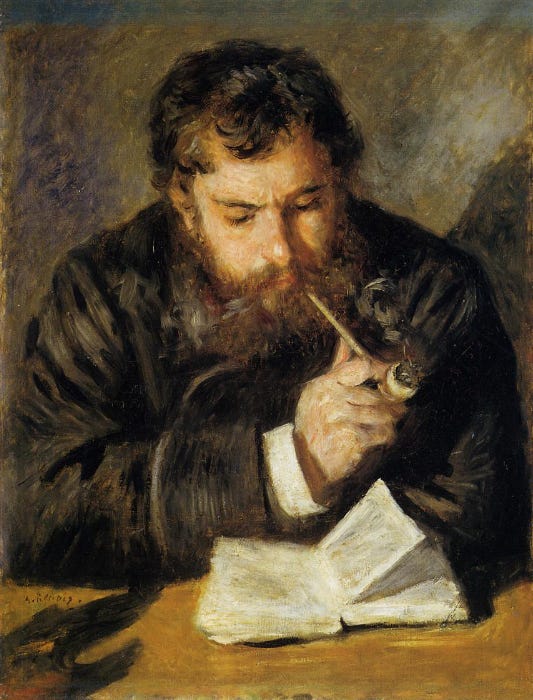
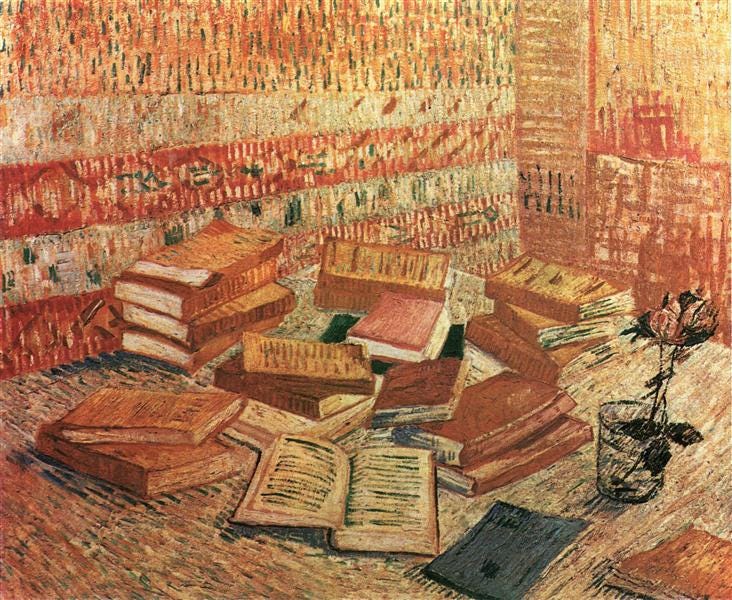
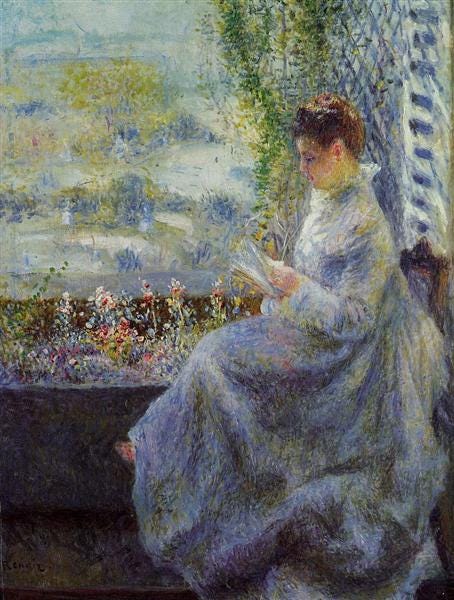
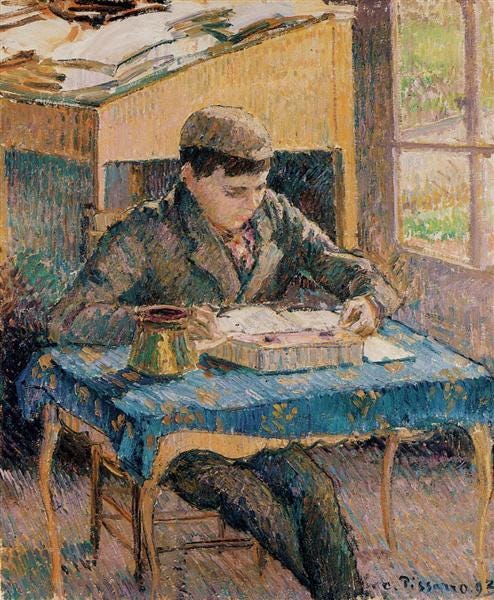
![Great Expectations [Book] Great Expectations [Book]](https://substackcdn.com/image/fetch/$s_!0uZI!,w_1456,c_limit,f_auto,q_auto:good,fl_progressive:steep/https%3A%2F%2Fsubstack-post-media.s3.amazonaws.com%2Fpublic%2Fimages%2F603fb49d-eb7f-4422-aec7-a856291eb286_1588x2560.jpeg)
![Sir Gawain and the Green Knight: The Original and Translated Version [Book] Sir Gawain and the Green Knight: The Original and Translated Version [Book]](https://substackcdn.com/image/fetch/$s_!ItbB!,w_1456,c_limit,f_auto,q_auto:good,fl_progressive:steep/https%3A%2F%2Fsubstack-post-media.s3.amazonaws.com%2Fpublic%2Fimages%2F28ab1e20-91f8-4b92-9837-94152b59fa9a_259x400.jpeg)
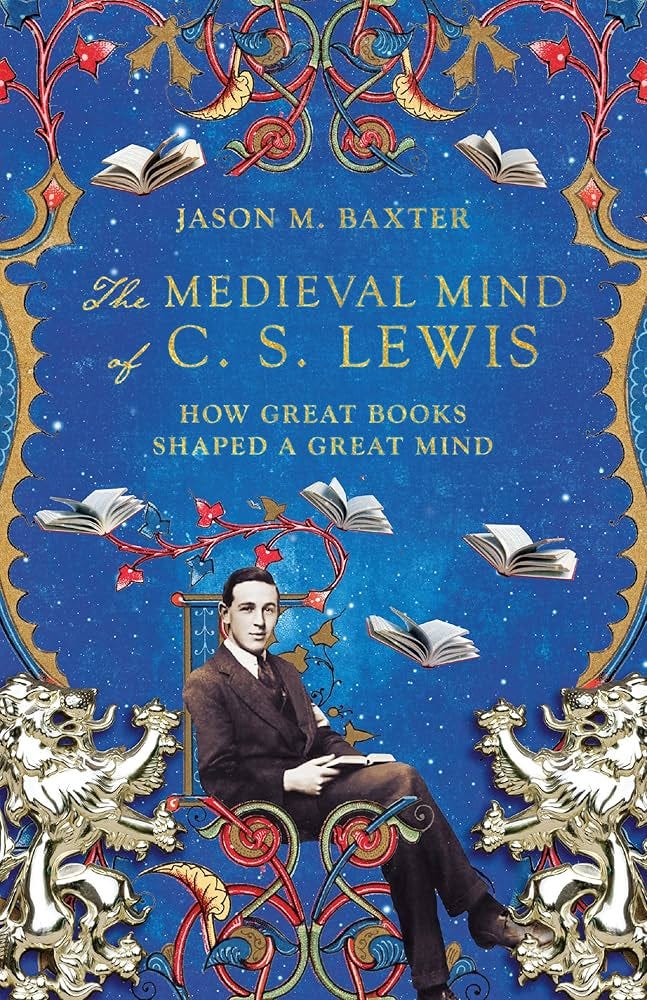
![Endurance: Shackleton's Incredible Voyage [Book] Endurance: Shackleton's Incredible Voyage [Book]](https://substackcdn.com/image/fetch/$s_!JO_1!,w_1456,c_limit,f_auto,q_auto:good,fl_progressive:steep/https%3A%2F%2Fsubstack-post-media.s3.amazonaws.com%2Fpublic%2Fimages%2F5e93ad67-7ad8-428b-a4e8-6617d7228870_1707x2560.jpeg)
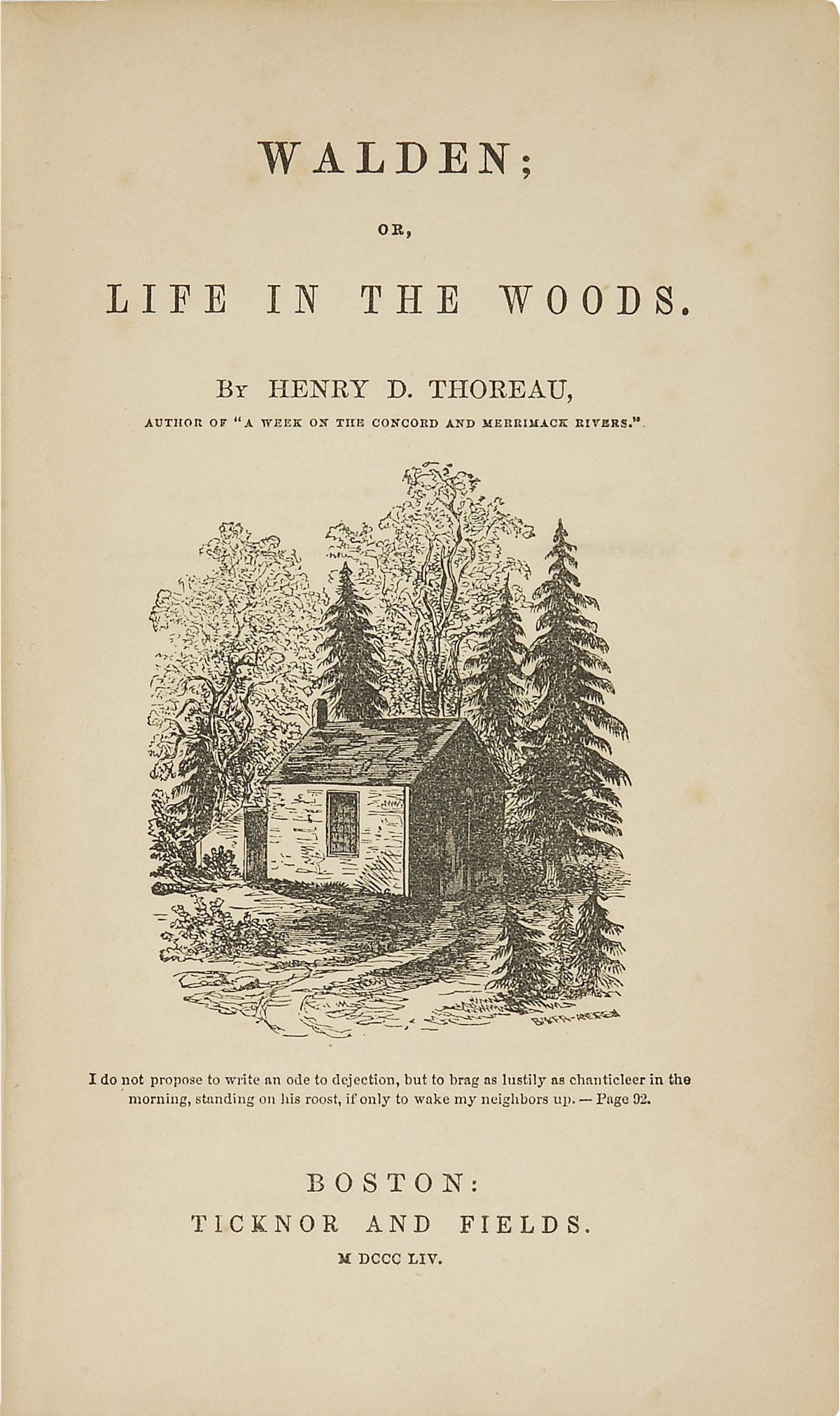
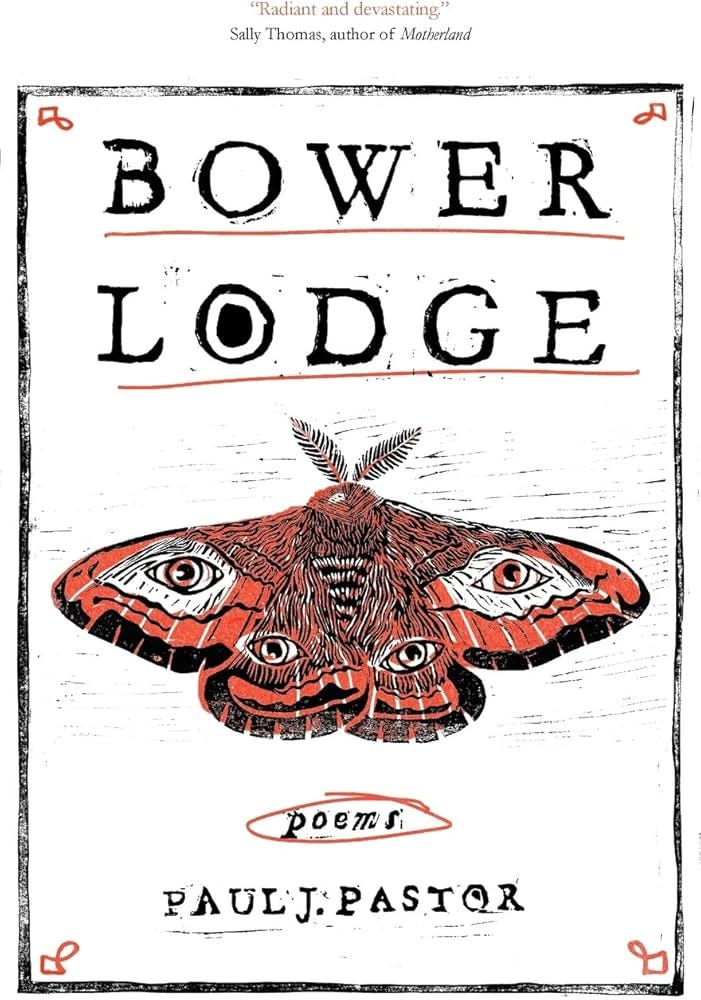
![Laurus: The International Bestseller [Book] Laurus: The International Bestseller [Book]](https://substackcdn.com/image/fetch/$s_!1YC2!,w_1456,c_limit,f_auto,q_auto:good,fl_progressive:steep/https%3A%2F%2Fsubstack-post-media.s3.amazonaws.com%2Fpublic%2Fimages%2Fc407da8a-8c10-473f-a445-f6628e6a1d78_1522x2341.jpeg)
![Life of the Beloved: Spiritual Living in a Secular World [Book] Life of the Beloved: Spiritual Living in a Secular World [Book]](https://substackcdn.com/image/fetch/$s_!nCwF!,w_1456,c_limit,f_auto,q_auto:good,fl_progressive:steep/https%3A%2F%2Fsubstack-post-media.s3.amazonaws.com%2Fpublic%2Fimages%2F25cad569-3153-4084-9ce5-07d97486690e_1000x1544.jpeg)
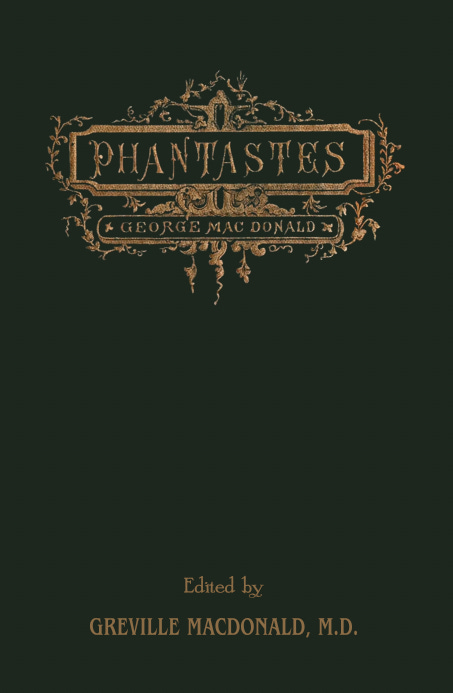
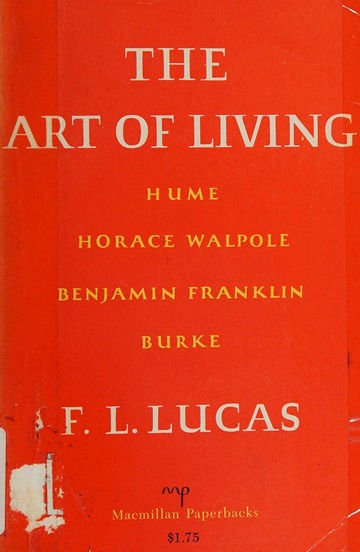
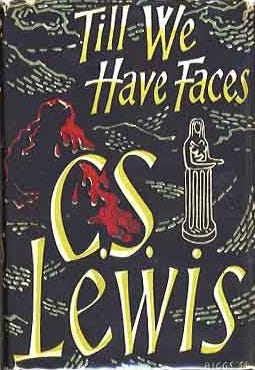
My to-read list gets ever longer. And the more books I read that I love, the more I want to read them again. The libraries in heaven must be monumental. Something the Lord has often spoken to me about is curating my book list with Him as often as I need to. It is so helpful and keeps me from getting too sidetracked with all the options out there, although not all sidetracks have been bad, some have been wonderful. Thanks for the reading encouragement you have been putting out there.
Those napkin calculations shook me. Thank you for the insightful article. I'm intrigued by that mysterious Art of Living book!